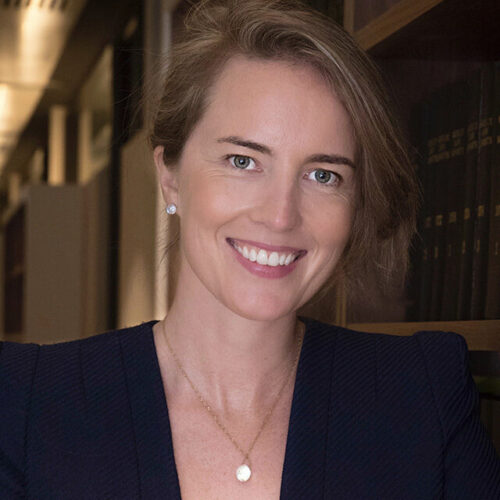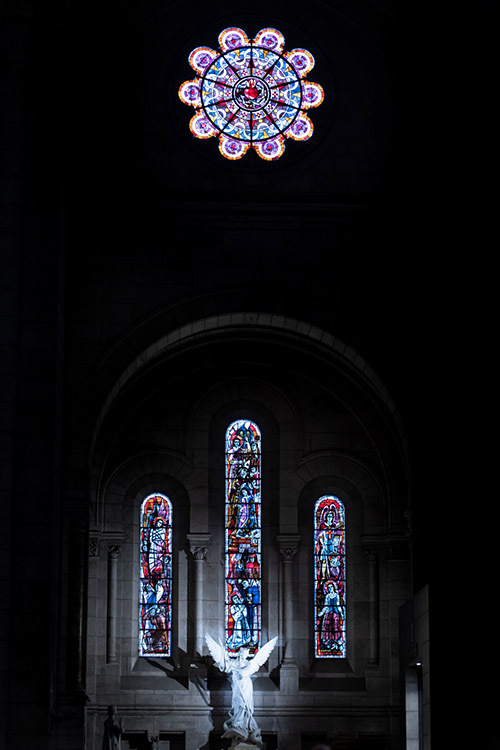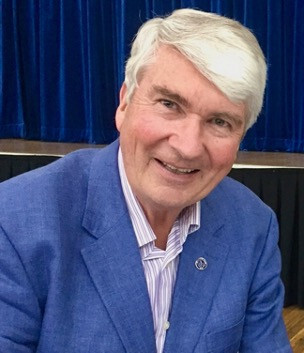- Winter 2022
- Ethical decision-making and religion-in conversation with Fr Frank Brennan SJ AO
Ethical decision-making and religion-in conversation with Fr Frank Brennan SJ AO

Making sound ethical decisions in the course of legal practice requires an informed sensitivity to ethical issues and a practised method for interrogating the ethical aspects of a decision. There are three main components to legal ethics. First, extrinsic controls, such as the Barristers Rules and the Legal Profession Uniform Law 2015 (NSW). Second, common law, as stated, for example, in disciplinary hearings. Third, intrinsic controls which are the personal values of the decision-maker.
It is the third category, intrinsic controls, which often sparks the most interest and debate because it involves a degree of discretion by the decision-maker.
In the course of making ethical decisions, what is it that informs the personal values of the decision-maker? Can it be religion? But if so, where does that place atheists?
Talitha Fishburn spoke with Fr Frank Brennan SJ AO in relation to the formation of personal values that play a part in ethical decision-making.

Fr Brennan is a Jesuit priest, human rights lawyer, professor of law and long-time advocate for human rights and social justice. His depth of experience in both law and religion provide an insightful perspective on the way in which personal values inform ethical decision-making.
A deep and enduring religious ethos sustains Fr Brennan. However, he sees himself not only as a committed Catholic but also an Australian citizen in our pluralistic democratic society. He considers that our society is all the richer for there being a plurality of different religious and philosophical perspectives. ‘If one belief system or ideology is too dominant, you too readily get into groups, which if isolated become ghettos’, he observes. He appreciates an inclusive society where all worldviews are to be respected.
Fr Brennan reflects on the intellectual process of ethical decision-making in the course of legal practice. He considers that the actual choice by a lawyer to approach a decision in an ethical framework is itself motivated and influenced by the person’s personal belief system or ‘worldview’. He describes this as the ‘impulse’ which inspires a person to act ethically and rigorously apply ethical criteria.
He clarifies that for some people, their belief system is religious; for others, it is completely secular or humanistic. Either scenario is entirely legitimate. He considers that most people will develop something of a religious or philosophical perspective which assists them to make principled decisions. Regardless of whether or not one’s worldview is shaped by religious influences, it informs the development of values which the individual expresses and lives out in their own specific cultural context.

Fr Brennan sees the value in remaining ever attentive to cultivating a comprehensive worldview, whether it be religious or otherwise. He notes, ‘the formation of the virtuous person is a lifetime task or vocation’. He observes that the lack of such a view may make the task of approaching ethical decision-making all the more demanding.
But how do differing worldviews (for example, religious, cultural or philosophical) inform the ultimate ethical decision? Fr Brennan considers that the ultimate decision is unlikely to be influenced by a person’s particular belief system. That is, whether our personal values are religious or philosophical, the end decision in most cases is likely to be the same. One’s personal values are the ‘impulse’ that bring about the decision to proceed to an ethical framework for resolving the decision rather than influencing the substance of the ultimate decision. It is a matter of journey, not destination. Our personal values inspire the journey but should not dictate the destination. Though from time to time, personal values may preclude participation in the journey towards some destinations (e.g., the state authorised death penalty in the USA).
On a related note, Fr Frank reflected on a speech given by his late father, Sir Gerard Brennan entitled, ‘The Independence of Thomas More’ in which Sir Gerard described independence as ‘the quintessential professional virtue’:
Independence of popular acclaim, of power or patronage, of wealth, of improper influence by State or Church, by family or friends. It is a lonely virtue which, if it is not to be transformed into stubborn arrogance, requires humility of mind, devotion to learning, and breadth of experience.
Seen in this light, necessarily the ultimate decision ought not be influenced by one’s personal values, whether they be religious or otherwise, because independence is the quintessential professional virtue.
BN
